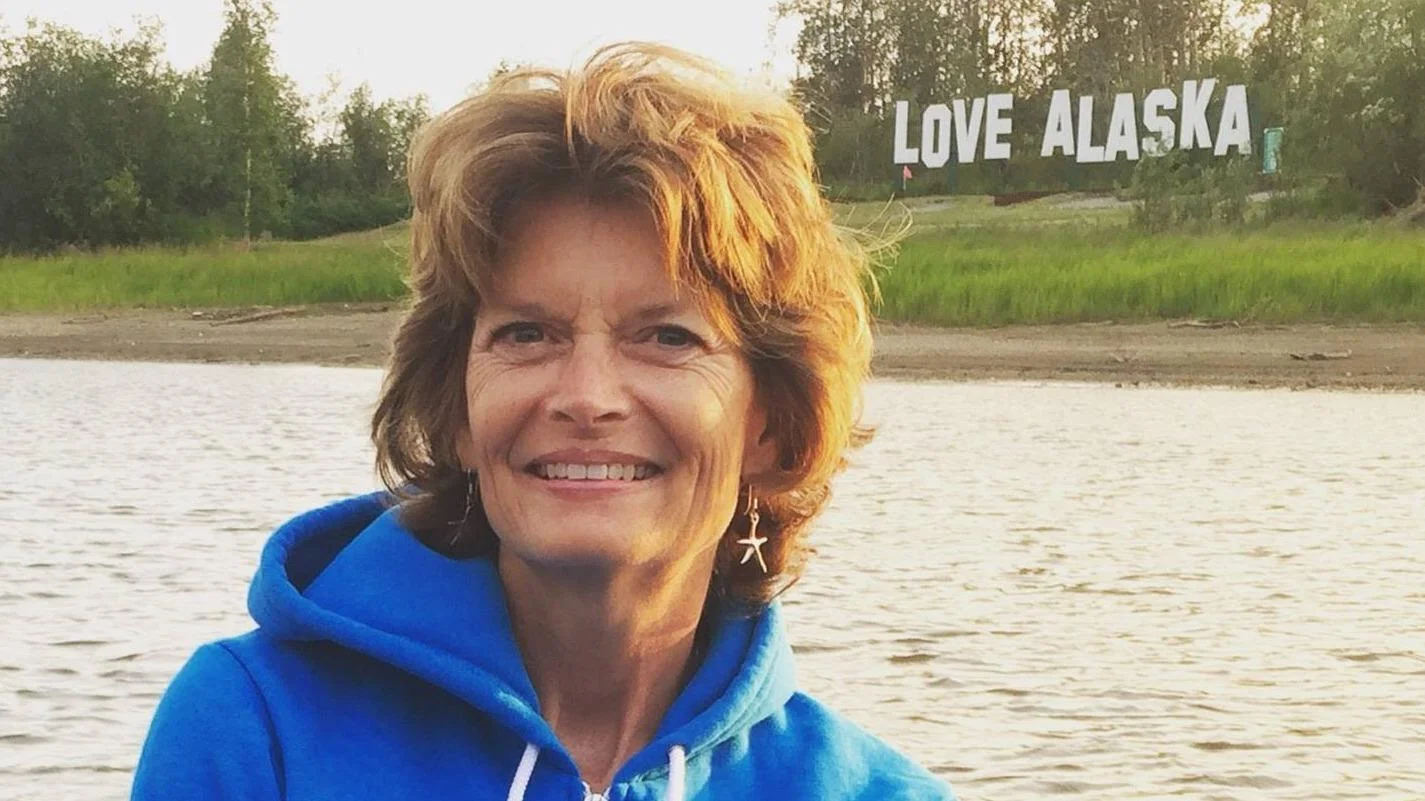U.S. Senator Lisa Murkowski | Lisa Murkowski Official FB
U.S. Senator Lisa Murkowski | Lisa Murkowski Official FB
U.S. Senators Lisa Murkowski and Sheldon Whitehouse, alongside Representatives Chellie Pingree and James Moylan, have reintroduced the Coastal Communities Ocean Acidification Act. This bipartisan legislation aims to equip the National Oceanic and Atmospheric Administration (NOAA) with resources to collaborate with local and tribal entities in researching and monitoring ocean acidification.
Senator Murkowski emphasized the importance of this initiative, stating, “The impacts of ocean acidification on our coastal communities cannot be understated, particularly on our blue economy.” She highlighted the need for a comprehensive approach involving experts from various fields to maintain ocean health.
Senator Whitehouse noted the challenges facing marine ecosystems due to carbon pollution. “Ocean acidification caused by carbon pollution is harming marine ecosystems and coastal industries like aquaculture,” he said. He stressed that the legislation would help monitor ocean changes and protect Rhode Island’s blue economy.
Congresswoman Pingree expressed concern over the immediate effects of ocean acidification on ecosystems such as lobster populations in Maine and coral reefs in tropical waters. She remarked, “Coastal communities like those in Maine are on the frontlines of this crisis, and our bipartisan Coastal Communities Ocean Acidification Act ensures they won’t face it alone.”
Congressman Moylan pointed out Guam's vulnerability due to its location in the Pacific. He stated, “Ocean acidification threatens not just our marine ecosystems, but also our cultural traditions, local fisheries, and food security.” Moylan expressed pride in co-leading this effort for future generations’ benefit.
The legislation mandates NOAA to work with state, local, and tribal entities conducting or having completed vulnerability assessments related to ocean acidification. It seeks to enhance partnerships between NOAA and stakeholders involved in research efforts including indigenous groups, coastal communities, resource managers, fishery management councils, commissions, and the U.S. Integrated Ocean Observing System (IOOS). The act had previously passed the House during the 118th Congress.






 Alerts Sign-up
Alerts Sign-up